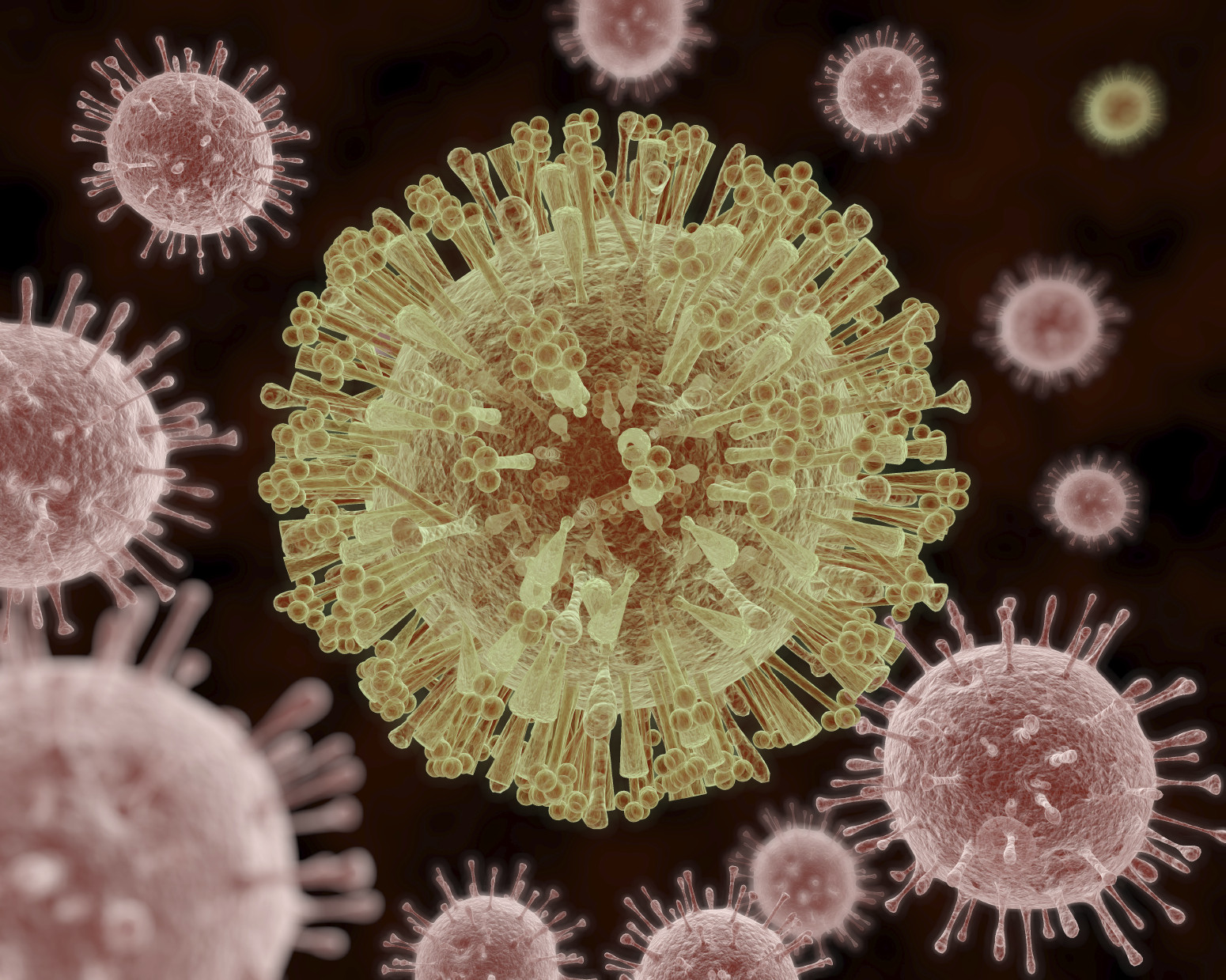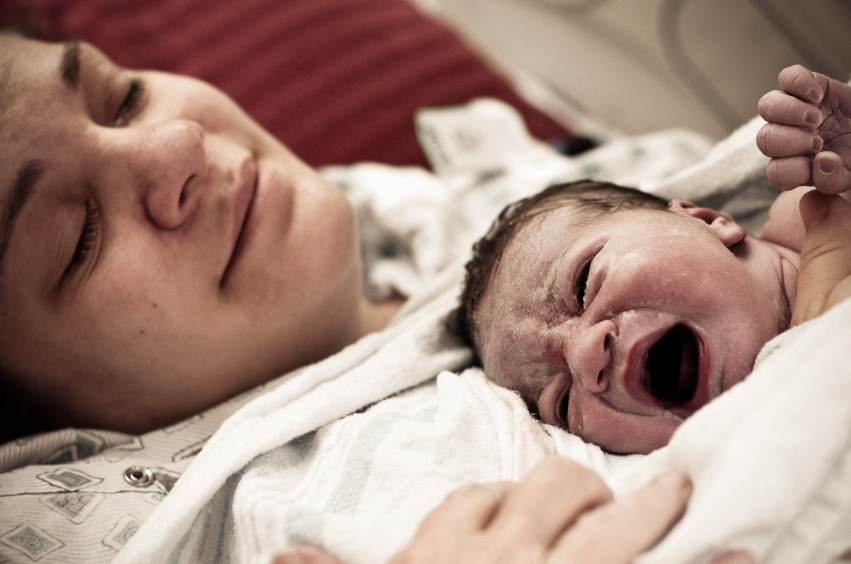Recent Blog Articles

How do trees and green spaces enhance our health?

A muscle-building obsession in boys: What to know and do

Harvard Health Ad Watch: New drug, old song, clever tagline

Concussion in children: What to know and do

What color is your tongue? What's healthy, what's not?

Your amazing parathyroid glands

When — and how — should you be screened for colon cancer?

Co-regulation: Helping children and teens navigate big emotions

Dog bites: How to prevent or treat them

Will miscarriage care remain available?
Birth Control Archive
Articles
Should my daughter have her labor induced?
Ask the doctors
Image: Thinglass/Thinkstock
Q. My daughter is 38 years old and pregnant with her first child. Her due date is in two weeks, and her doctor has recommended that she have labor induced a week early. Why can't she just allow nature to take its course?
A. Having a baby when you're "older" can have some advantages—women may feel more secure with them-selves, their relationships, or their careers. However, expectant moms 35 or older—and their babies—have some increased pregnancy-related risks.
Over 35 and expecting: Is it safer to give birth “early”?
For women having children over age 35, the decision to induce labor is usually based on an increased risk of stillbirth. The duration of labor also factors into the decision, as does the possibility that induction could increase the chance of a cesarean birth, though current medical evidence does not necessarily support this assertion.
An obstetrician (who is also a feminist) weighs in on the CDC’s “no birth control, no drinking” recommendation
The CDC recently advised all sexually active women of childbearing age, and who aren’t on birth control, to avoid alcohol completely because of potential harmful effects to an unborn child. The science behind the recommendation is sound, but the way it was delivered has raised quite a few eyebrows. In this piece, Dr. Ricciotti examines where the message fell short and describes how she emphasizes shared decision-making and autonomy when she counsels her patients.
New depression screening guidelines benefit pregnant women and new moms–and everyone
The U.S. Preventive Services Task Force has recently updated their guidelines on depression screening to include pregnant and postpartum women, which will be a great help to the many new moms who experience mood changes that go beyond the “baby blues.” The updated guidelines offer other benefits, too, that help improve everyone’s access to mental health care — especially those who can’t currently afford it.
Ask the doctors: What determines whether a woman needs a cesarean section?
Ask the doctors
Q: I'm expecting and want to have a vaginal delivery, but many of my friends have had cesarean sections lately. Is this a preference, or are there medical reasons to have a cesarean?
A: The health of the mother and baby, the family's personal preferences, and the hospital in which a woman delivers her baby play a role in determining whether she has a cesarean. Common medical reasons for cesareans include fetal malpresentation (when the baby is turned so that its feet or buttocks will come out first), pelvic disproportion (a birth canal that is unusually shaped or too small in relation to the size of the baby), and a past cesarean. A study published in the Journal of the American Medical Association in December 2015 suggests that such commonly cited medical issues may account only partly for high cesarean rates.
New depression screening guidelines outline very helpful, yet achievable goals
The U.S. Preventive Services Task Force recently updated their guidelines on screening for depression. This time around, they recommended widespread screening through primary care practices, plus gave special attention to women who are pregnant or recently gave birth. These matter-of-fact, achievable guidelines and goals have the potential to reap enormous health benefits.
Lead poisoning: What everyone needs to know
Even though the use of lead has been regulated for many years, tragedies like the one currently ongoing in Flint, Michigan still occur. Exposure to lead in childhood can have health effects that can change a child’s life forever. We’ve listed steps you can take to keep your child — and everyone in your home — safe from lead poisoning.
What you need to know about Zika virus
Zika, a formerly rare and obscure virus, has recently spread throughout the Pacific islands and the Americas. Although Zika virus rarely makes people seriously ill, it’s been implicated in a huge rise in the number of birth defects in babies born to mothers who’ve had Zika. Although its impact in the U.S. is expected to be much less severe than in warmer climates, we’ve listed some tips to reduce your exposure to the type of mosquito that carries Zika.
Recent Blog Articles

How do trees and green spaces enhance our health?

A muscle-building obsession in boys: What to know and do

Harvard Health Ad Watch: New drug, old song, clever tagline

Concussion in children: What to know and do

What color is your tongue? What's healthy, what's not?

Your amazing parathyroid glands

When — and how — should you be screened for colon cancer?

Co-regulation: Helping children and teens navigate big emotions

Dog bites: How to prevent or treat them

Will miscarriage care remain available?
Free Healthbeat Signup
Get the latest in health news delivered to your inbox!
Sign Up











